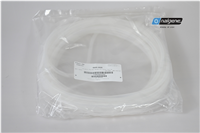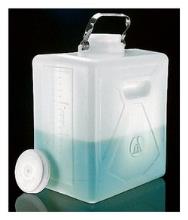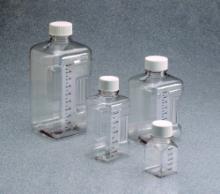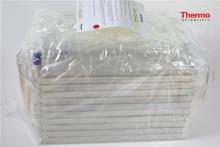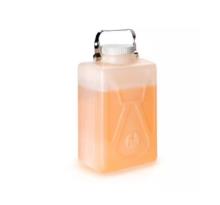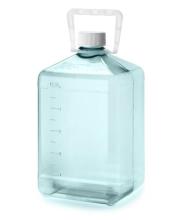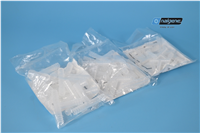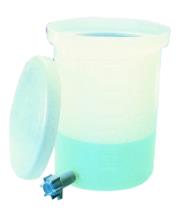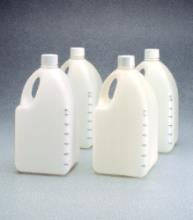产品详细信息
Description: The 2B8 monoclonal antibody reacts with mouse CD117, also known as c-Kit receptor, Steel factor receptor, and stem cell factor receptor. A member of the tyrosine kinase receptor family, this 145-kDa molecule is expressed by a majority of hematopoietic progenitor cells characterized in the mouse bone marrow as a small subset of cells positive for Sca-1 and Thy1 (Thy1 low) and negative for lineage markers. The interaction of the mouse c-Kit receptor and steel factor promotes the proliferation and differentiation of hematopoietic progenitor cells. CD117 is also expressed by mast cells and plays a role in signaling and activation of these cells. 靶标信息KIT (c-KIT) is a proto-oncogene and a type 3 transmembrane receptor for MGF (mast cell growth factor, also known as stem cell factor). KIT was first identified as the cellular homolog of the feline sarcoma viral oncogene v-kit. KIT together with its ligand regulates growth and activation of a variety of hemopoietic and non-hemopoietic cells. Mutations in KIT are associated with gastrointestinal stromal tumors, mast cell disease, acute myelogenous leukemia, and piebaldism. Recently, deregulation of the KIT receptor TK by the prevalent activation loop mutation D816V has served as a focal point in therapeutic strategies aimed at curbing neoplastic mast cell growth. c-Kit is expressed in hematopoietic stem cells, germ cells, mast cells and gastrointestinal tract cajal cells. Upon binding of its ligand stem cell factor (SCF), c-kit dimerizes, resulting in receptor activation and autophosphorylation of various tyrosine residues including tyrosine 703 located on the cytoplasmic domain of the receptor. This modification allows docking of Grb2 and activation of the Ras/ERK signaling pathway. SCF/c-kit can activate multiple downstream signaling pathways including PI3K, PLC-gamma and JAK/STAT. c-kit receptor activation is essential for hematopoiesis, stem cell maintenance and gametogenesis. |
无参数



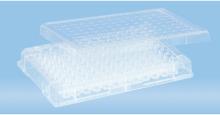
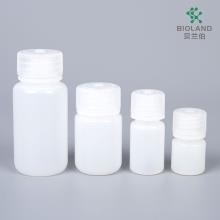
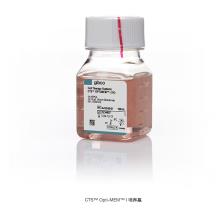
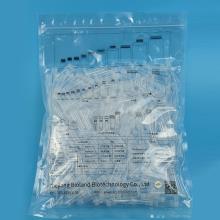


 微信公众号下单更便捷
微信公众号下单更便捷
